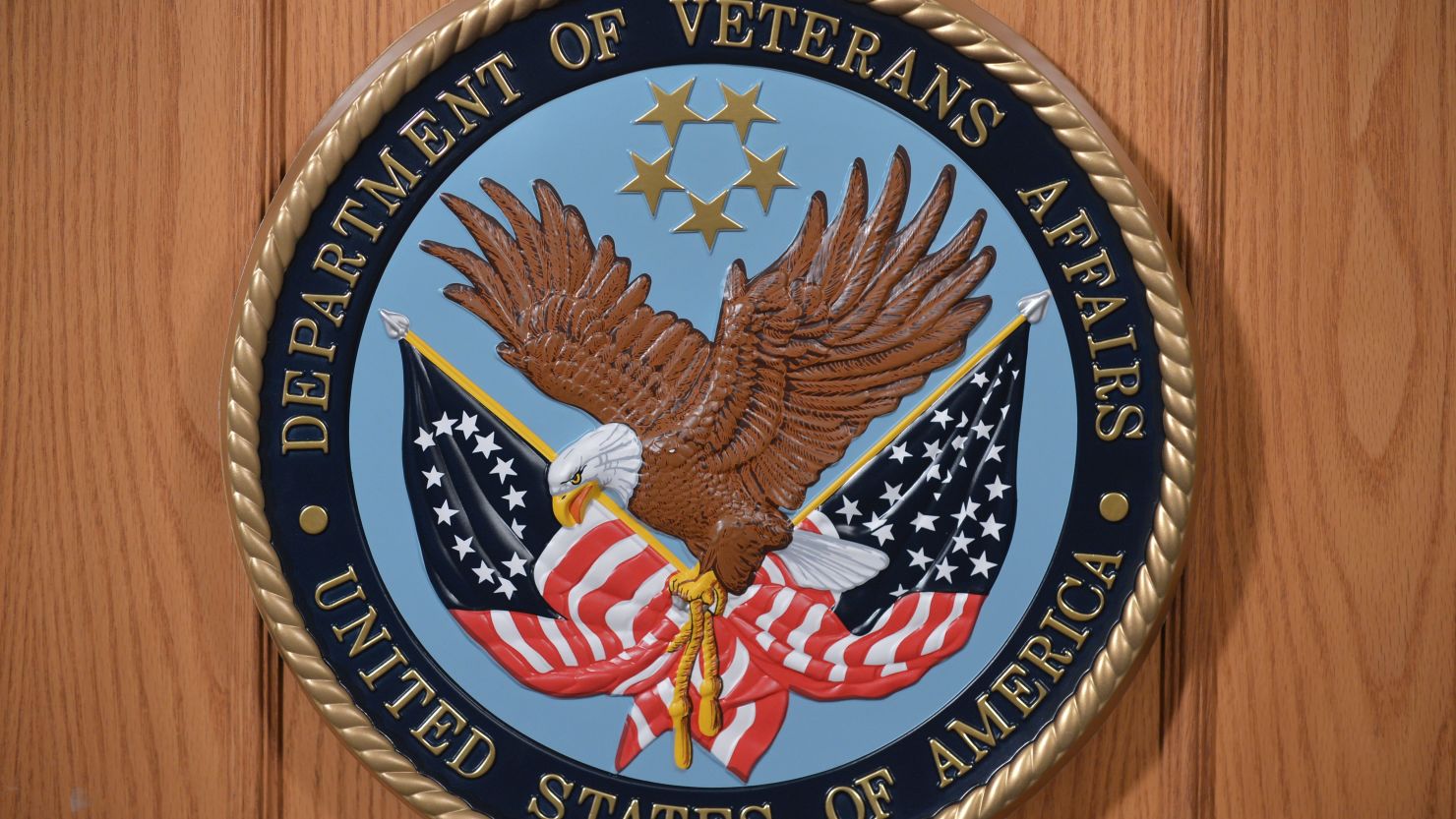The Veterans Affairs Department issued guidance stating military service members who were discharged because of their sexual orientation, gender identity or HIV status under the “don’t ask, don’t tell” policy are eligible for all Veterans Affairs benefits.
Assistant Secretary in the Office of Public and Intergovernmental Affairs at the Department of Veterans Affairs Kayla Williams announced the guidance during a virtual White House event held on the tenth anniversary of the repeal of the policy.
Veterans Affairs Secretary Denis McDonough issued guidance to veterans benefits administrator adjudicators that military service members who have an “other than honorable discharge due solely to their sexual orientation, gender identity or HIV status should be considered veterans who may be eligible for VA benefits,” Williams said during the virtual event.
This allows veterans who were discharged because of their gender identity, sexual orientation or HIV status to receive the full range of veterans’ benefits including veteran readiness and employment benefits, home loan guaranty, compensation and pension benefits, health care, homeless programs and burial benefits, a blogpost from Williams about the change said.
“More than 100,000 American service members have been discharged because of their sexual orientation or gender identity – including more than 14,000 under Don’t Ask Don’t Tell,” President Joe Biden said in a statement released Monday about the 10 year anniversary of the repeal of the policy.
“Many of these veterans received what are known as ‘other than honorable’ discharges, excluding them and their families from the vitally important services and benefits they had sacrificed so much to earn,” Biden said in the statement.
Biden said in the statement that he believes the repeal of the policy “helped move our nation closer to its foundational promise of equality, dignity, and opportunity for all.”
“No veteran should bear a less than honorable discharge based solely on sexual orientation or gender identity,” said Defense Secretary Lloyd Austin. He urged those service members who felt they were unjustly discharged to contact their military department’s Board for Correction of Military/Naval Records or Discharge Review Board.
“On behalf of the entire Department, I thank our LGBTQ+ service members – and your families – for the service you render each and every day,” he said.
The moves marks another step from the Biden administration to improve rights for LGBTQ+ service members and veterans.
The administration took steps to reverse a Trump-era ban on transgender individuals serving in the US military days after taking office in January.
The Veterans Affairs Department is also moving to make gender confirmation surgery for transgender veterans available through VA health care coverage, McDonough announced in June. They have also established a task force to “examine how VA policies may hinder or prohibit access to care and services,” for LGBTQ+ veterans, Williams added.
Williams said the administration plans to do more to help LGBTQ+ veterans and military members.
“I’m confident that we as an agency will continue to find more ways to show through word and deed that VA serves all who served,” Williams added.
Williams is bisexual. When she first joined the US Army in 2000, she said she felt being bisexual was “another aspect of my civilian life that had to be set aside as long as I was in uniform.”
She married a man in 2005 and said she found it hard to maintain her bisexual identity for several years after she left the army. Williams decided to reclaim her bisexual identity last year.
“It was time for me to push for increased bi-visibility and show others like me that they’re not alone,” Williams said. “This anniversary feels particularly important to me, since it’s the first time I’ve publicly commemorated the repeal of Don’t Ask Don’t Tell while out of the closet.”
CNN’s Oren Liebermann contributed to this report.




